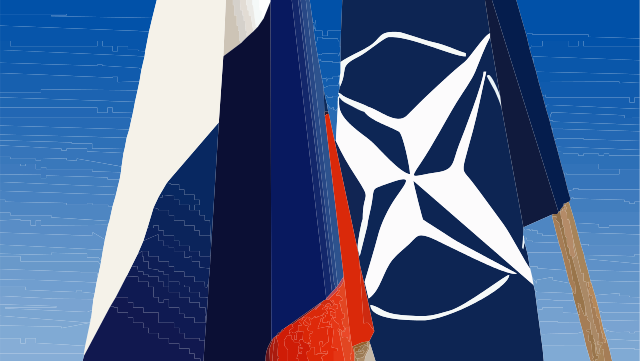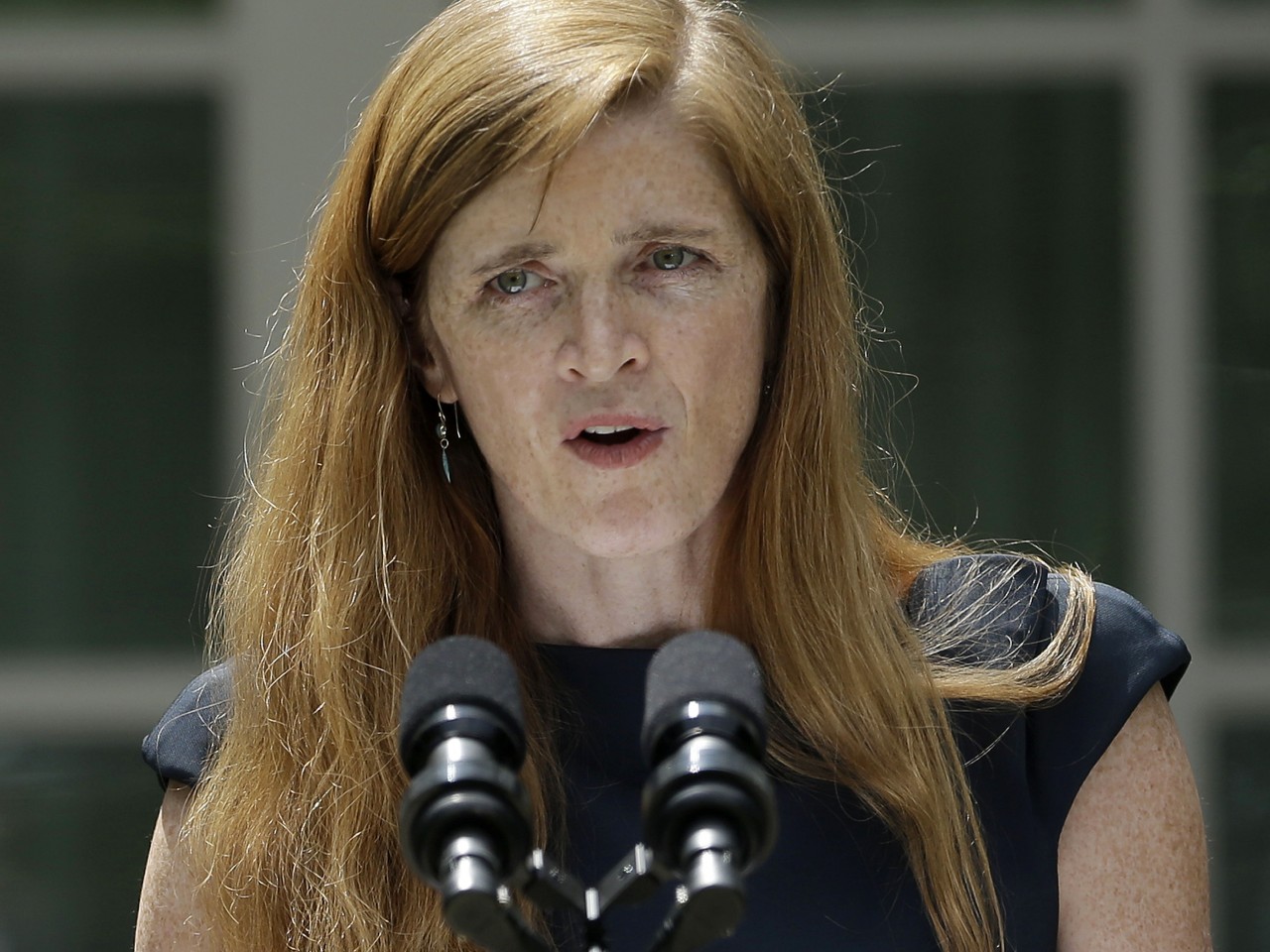The recent ousting of Kyrgyz President Kurmanbek Bakiyev has brought yet another new chapter in Kyrgyzstan’s journey towards democracy since the collapse of the Soviet Union. The Washington Post claims that the interim government, headed by foreign minister Roza Otunbayeva is attempting to reclaim Kyrgyzstan’s status as an “island of democracy” within Central Asia. Yet looting and violent protests are still occurring in the capital, Bishkek. Amid fears of a civil war, President Bakiyev has fled to Kazakhstan. To date, at least 84 people have died from the violence.
This will be another chance for democracy for the mountainous nation, as President Bakiyev’s term yielded only corruption and despotism. The anti-government sentiments which had been simmering amongst the Kyrgyz population for months erupted into wide spread protests and violence, leading to President Bakiyev’s fleeing of the capital and a replacement government taking control. Brought to power by the Tulip Revolution in 2005, President Bakiyev allowed NATO to use the Manas air force base, 30 kilometers north of Bishkek, as a launch pad for NATO forces and a refueling station for military aircrafts entering Afghanistan. With the Kyrgyz interim government’s warmer relations with Russia, there are reports that Washington is concerned about how this will affect its five year lease of the air base.
A pre-arranged revolution?
There has been speculation about Moscow’s involvement in the civil uprising and ousting of President Bakiyev. Weeks prior to last week’s demonstrations, several Kyrgyz opposition members travelled to Moscow to meet with Russian Prime Minister Vladimir Putin. There have been reports that members of Russia’s Federal Security Service were present during the protests and that Moscow had prepared 150 Russian paratroopers the day after the revolution to fly into Russian bases in Kyrgyzstan. Moscow has already thrown its weight behind the new interim government, working to ensure the Muslim nation does not become a ‘second Afghanistan’.
Further complicating this situation, the Kyrgyz people have voiced their discontent with US presence in the country, accusing the US of turning a blind eye to incidences of corruption with the sale of fuel on the base. Combined with the deaths of independent Kyrgyz journalists and the imprisonment of opposition members, allies of interim leader Otunbayeva have also launched accusations against the US for overlooking human rights violations under President Bakiyev.
Few doubt that the Kremlin played some role in the recent political regime change in Bishkek given Moscow’s benefits from the interim government in Bishkek. Naturally, the US and it NATO allies have showed some concern for the effects that this domestic unrest might have on its military operation in Afghanistan. Russia now has the opportunity to wield its influence in Bishkek and literally choke off Western supplies going into Afghanistan or Pakistan through Kyrgyzstan.
The geopolitical importance of Kyrgyzstan
The Fergana Valley is home to most of Central Asia’s population and lies at the very core of Central Asia itself. During the Soviet era, the Valley was divided between Uzbekistan, Tajikistan and Kyrgyzstan as a precaution by the Soviet Union to prevent the core of Fergana Valley from consolidating into the power of the region. As Kyrgyzstan controls the highlands surrounding the valley, Bishkek essentially holds the most valuable parts of the valley geopolitically—and as Moscow figured out long ago, control of Kyrgyzstan equates to control of the Fergana Valley and subsequently, the core of Central Asia. Furthermore, a good foothold in Kyrgyzstan would give Russia the ability to extend its reach into Kazakhstan, Uzbekistan, Tajikistan and China; harking back to its Soviet-era sphere of influence.
Complicating matters further is the issue of growing militancy in the Fergana Valley, due to its ideal position as an infiltration route into eastern Afghanistan. Russia is concerned that this rout could be used by foreign fighters seeking entry into the ‘hot-spots’ of Muslim Russia such as Dagestan, where the alleged Moscow subway bombers originated. Some analysts are concerned that these geopolitical security issues combined with the perceived threat of NATO expansion into Central Asia and Eastern Europe could could very well escalate into a heated conflict.
The recent changes in Kyrgyzstan have allowed Russia to reinforce its position as an important partner for the West in Central Asia, although the US could still secure its access to the Manas air base by increasing its payments to Kyrgyzstan as it has done in the past. In 2009, Russia followed a similar strategy by pledging $US 450 million to Kyrgyzstan, a move that complicated American efforts to persuade the Kyrgyz government to reverse its decision to expel US troops from Manas. By doing so, Russia was also able to use access to the Khyber Pass – a critical logistics supply route for US and NATO troops – as leverage against the US’ expanding influence in the region.
The future for Kyrgyzstan
The biggest challenge for Kyrgyzstan will be to recognize that a quick change of government may not be enough to resolve underlying political and social problems. Given the geopolitical significance of Kyrgyzstan to the US and NATO, there will be much support for functioning democratic governance in Kyrgyzstan. Such stability would serve to bolster the country’s role in regional affairs. However Kyrgyzstan faces a long and arduous road to economic and political stability as the geopolitical significance of this small, mountainous nation will likely exacerbate challenges that lie ahead for the new government. Yet an escalation of conflict in Kyrgyzstan is something that no outside parties can afford. The hope is that this convergence of interests between Russia and the US will encourage cooperation in Central Asia between these former adversaries.
By: Tanah Sullivan
*Disclaimer: Any views or opinions expressed in this newsletter are solely those of the authors and do not necessarily represent those of the NATO Council of Canada. This article is published for information purposes only.


